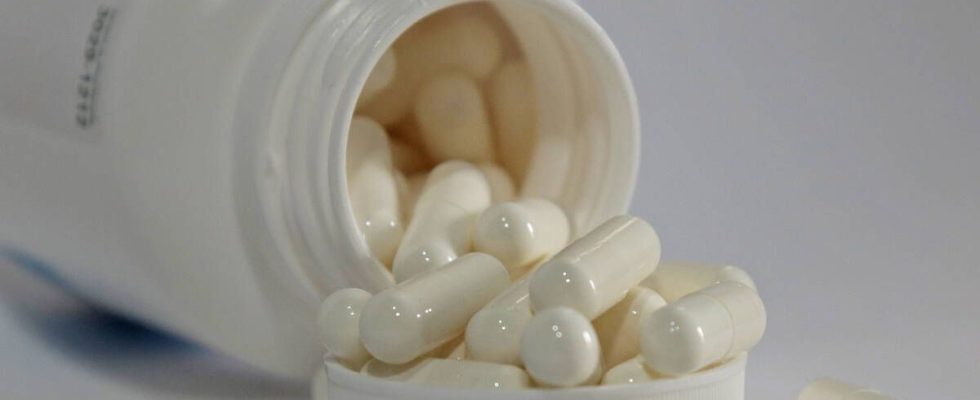The study was presented at a congress in June 2022, and here it is officially published. We owe it to a team of researchers from Lyon University Hospital, who looked at the number of deaths caused by hydroxychloroquine during the first wave of Covid. Once again, it seems clear for the treatment at the origin of Didier Raoult’s fall in Marseille. Explanations.
What does this new study say?
The results published in the journal Biomedicine & Pharmacotherapy estimate the number of hospital deaths due to the prescription of this medication at 16,990 between March and July 2020, in the six countries studied: France, Belgium, Spain, Italy, Turkey and UNITED STATES. The highest number of deaths is to be deplored in the United States (12,739 deaths), France being at the bottom of the table with 199 deaths, ahead of Turkey (95 deaths). Another lesson from the study is the rate of prescription of hydroxychloroquine in hospital during this first wave: in France it was 15.6%, the lowest rate if we compare to Spain ( 83.5%), Italy (80.8%), the United States (62.1%) and Belgium (51%).
How did the researchers arrive at these results?
They compiled various data published before the British Recovery trial, which in the summer of 2020 delivered the first disappointing results of hydroxychloroquine in the treatment against Covid-19. For each country studied, the researchers thus crossed the number of hospitalizations during the first wave, their mortality rate and the prescription rate of hydroxychloroquine. They did not take into account patients in intensive care, believing that “too many external parameters could influence the results”. And retained the studies with a sufficiently representative panel.
What lessons can we draw from these results?
The authors of the study speak of “median estimates” and recognize the margins of error or even the “limits” inherent in any statistical exploitation of studies. However, they point out that these figures, however crude they may be, “probably represent the tip of the iceberg and significantly underestimate the number of deaths linked to hydroxychloroquine worldwide”. And they raise concerns about the risks of prescribing, without precise data, molecules with untested effectiveness in the case of emerging diseases.

